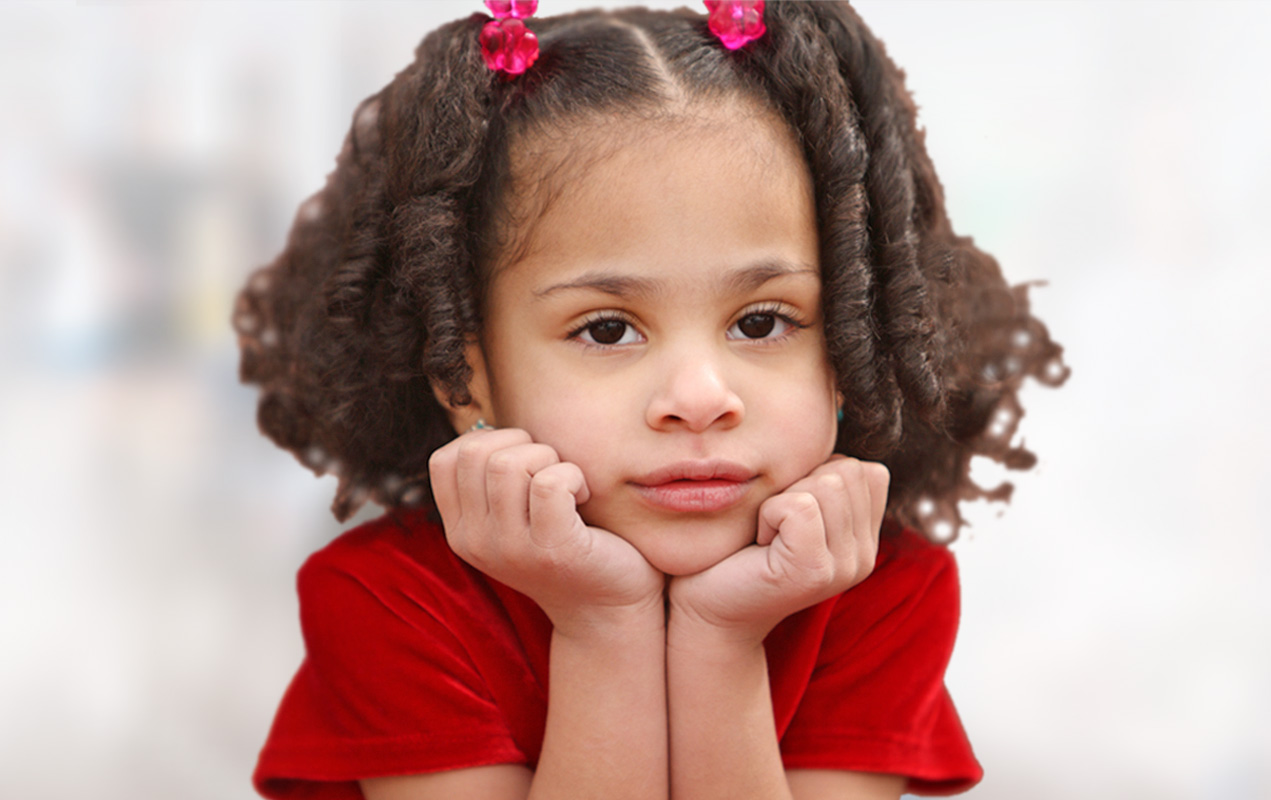“We can do anything”: the Indian girls’ movement fighting child marriage – The Guardian

Priyanka Bairwa was 15 when her family began to look for a husband for her. The pandemic sped up the process, as schools shut and work dried up. By October 2020, her parents had settled on a suitable boy from their village of Ramathra in the district of Karauli, Rajasthan.
But Bairwa, now 18, wouldn’t hear of it. “During the pandemic, every family in the village was eager to marry off their girls. You’d have to invite less people, there were fewer expenses,” says Bairwa. “But I refused to be caught in a child marriage. There was a major backlash – constant fights. I finally threatened to run away and, fearing I would do something drastic, my family called it off. My mother convinced them to let me study and I joined a college.”
The pandemic has put millions of girls at an increased risk of being forced into marriage and never returning to school. Childline India reported a 17% increase in child marriage in June and July last year when lockdown was eased.
In Rajasthan, one in three women aged 22 to 24 were married before the age of 18, according to government data.
Bairwa, who is Dalit, considered the lowest caste in India, defied the trend. And then did more: starting a movement of young women and girls, Rajasthan Rising, centred in Karauli’s villages to rally for their right to free education, scholarships for higher education and freedom from child marriage, child labour and caste and gender discrimination.
“I launched the campaign because I knew thousands of other girls were facing similar problems, being pulled out of school and forced into early marriage. Education is supposed to be free until grade 8 [age 14] but never is. Schools impose ‘development’ fees. Scholarships promised to students from marginalised communities never arrive on time,” she says.
Read more here.

